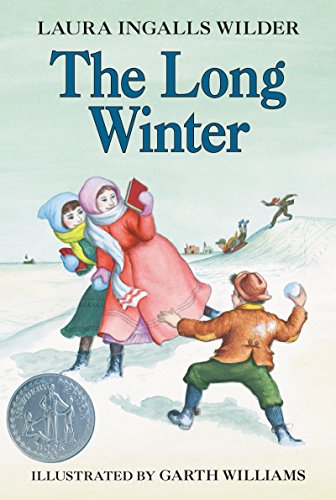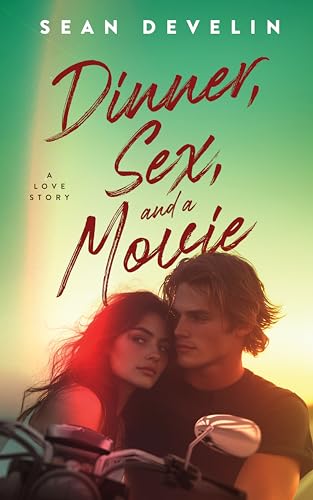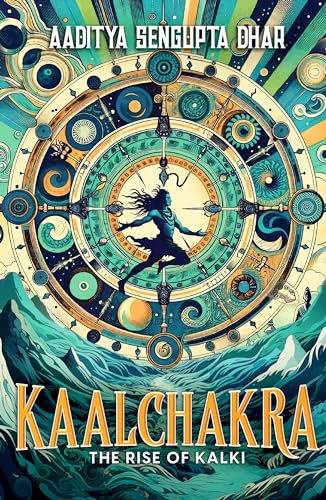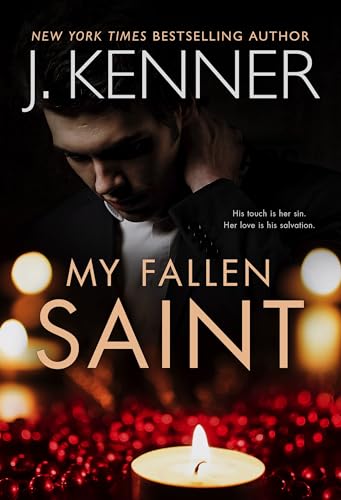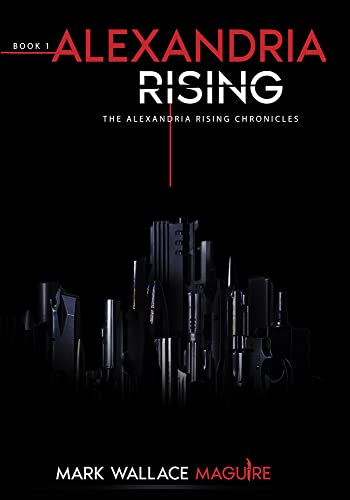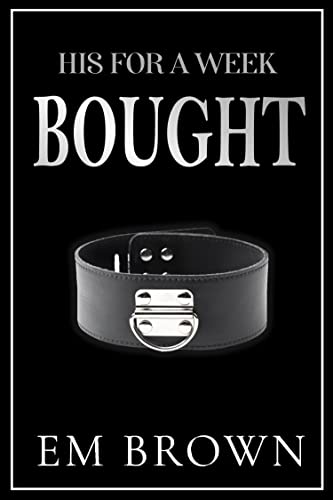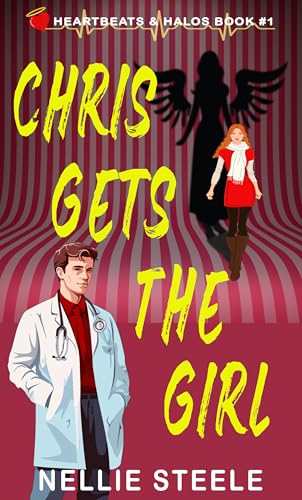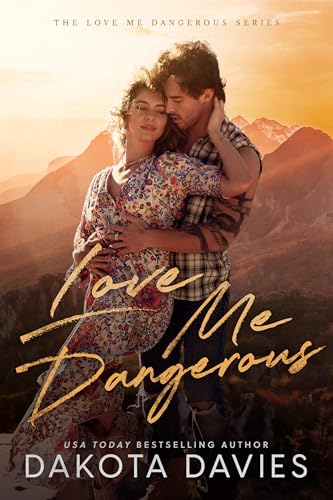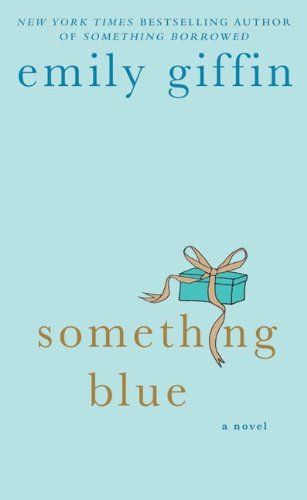In today’s Publetariat Dispatch, author and small publisher Alan Baxter discusses the many factors and considerations that go into ebook pricing.
There have been numerous articles, online and off, discussing ebook pricing and I won’t bother to list or link them here – I’m sure you ingenious readers can find them. So why am I chiming in again? Well, it’s a fluid subject, always on the move. More and more people all the time are taking up ebooks and it will become the norm. It’s impossible to put timeframes on something so variable, but it will happen.
There are several theories on how ebooks will fit into the mainstream. Firstly, it’s important to remember that it’s not either/or. You don’t have to choose. I love all books. I love print books and ebooks. The vast majority of new books I buy these days are ebooks, but if I really like something I’ll get a hard copy to go on the shelf. Or if a book is a particular piece of art, I’ll get it. I love getting contributor’s copies of books I have stories in, because I’m a vain fucker and like to point to the brag shelf and say to people, “Yes, I have work in all those anthologies. And those are my novels. Ahaha.” Shut up, I need validation.
I see the general breakdown of production settling into something along these lines: All new titles will be ebooks, some, especially from smaller publishers, being only ebooks. Alongside that I see a lot of publishers using Print On Demand technology to make paperbacks available to those who like them. And then a short run of actual printed stock, possibly limited edition hardbacks for collectors. That makes three primary delivery systems of stories – electronic, mass-market (though probably POD) and artefact. This is my prediction, but it’s not particularly relevant to this post. I’m looking here at ebook pricing based on the fact that ebooks will become mainstream and will eventually be everyone’s primary method of consuming stories. Don’t get upset, there’s nothing you can do about it. Have you seen Star Trek? How many real books do you ever see? Yeah, it’s gonna be like that. You can’t hold back the future any more than you can hold back the tide with a broom.
So, how should we price ebooks? I ran this question by the straw poll that is my Twitter and Facebook tribe and got some really interesting answers. Firstly, I’ll give my personal opinion.
An ebook should always be cheaper than the print book, by a fair factor. If most paperbacks are $9.99 or less, then ebooks of those titles should be $7 at most. If a book is really popular and in demand, like the new George R R Martin book, it can be more. The Kindle of that one is $17, which is fine, because the only other option is a $40 hardcover. At least, that’s true for Australia. On Amazon, the book is listed at $35 but on special at $18.81. Add postage to Australia and it’s close to $40 again. However, once the paperback edition comes out, that ebook puppy better drop to less than the paperback price or the publisher is taking the piss.
So, for the purposes of simplicity, let’s look at standard paperback vs ebook pricing. If the print edition is $10 or less, the ebook needs to be at most two thirds of that price. There’s no production cost once the e-edition is set up and ready. There’s no distribution cost. And there’s no physical artefact for the reader. Sure, we’re buying the story and that deserves to be paid for, but the item itself is also a factor.
“What about the poor starving author?” you cry. I am one, so don’t come crying to me. Of course the author needs to be paid and we need to value his or her product. But let’s not get all high and mighty without the facts, ma’am. Ebooks generate a massive royalty compared to print. If the author has signed a good contract – and they should be getting a new agent if they haven’t – they should be getting a royalty model on ebooks different to print.
My novels are $9.99 in paperback and $3.99 in ebook. (So reasonable I’ll wait here a moment while you go and buy them… got ‘em? Good. You’ll love them.) I make a bigger royalty on ebooks than I do on print, even though the retail is less than half. That’s because the margin on print production to retail is very slim and I get a slim cut of that. The margin on ebook to retail is far bigger, often up to 70%, and I get a far bigger slice of that pie. Mmm, virtual pie.
So authors can actually do better selling ebooks for far less than print books. Right now, if I sold 10,000 copies of RealmShift this year, I’d much prefer to shift 10,000 ebooks than print ones, as that would pay me far more handsomely. And I do like a handsome paycheque. I would also love to sell 10,000 copies of anything this year, please tell your friends.
Personally, I’m against the popular 99c price point for ebook novels. As an introduction, or a special offer, it’s a good idea. But for novels I think it generally undermines the value of the product. In my experience, most avid readers will view a 99c novel with suspicion and expect it to be shit. They’ll often be right in that assumption. It’s important for authors and publishers to not devalue their content. As one author said, “If people think my novels are only worth 99c, I don’t want them as fans.” That’s a bit extreme, but he has a very valid point. If people aren’t prepared to pay the equivalent of a cup of coffee for your months of hard work, well, fu** ‘em.
I have a novella available for 99c, which is deliberately priced low for several reasons: It’s only around 30,000 words, it’s available for free right here on this website and it’s a teaser, to help people notice me. I also self-published it, so I keep all the royalties, such as they are. Sure, I think it’s worth more than 99c, but I also think it’s fair to charge that and hope to get more readers that way.
So my thinking is that the sweet spot for ebooks is the $3 to $7 price range, with exceptions made for very special items. Authors will make at least as much, if not more, than they would from paperback sales and consumers get to read more and still value the work of the people they like to read. Given that paperbacks here in Australia are usually around $20, I’m actually happy to pay anything up to $15 for an ebook, but I really stop and think twice if it’s over $10.
I won’t name names, because I didn’t ask permission to use the comments, but here’s what some of the people on my social networks had to say on the subject:
I’ve paid up to $9.99 for a book a really wanted, but insofar as most genre fiction the price range generally is settled between $4.99-$7.99. A lot of indies sell their books at 99 cent, but I personally think that is a mistake because all it does is get the value shoppers and it rarely builds a loyal following. At least at the $4.99 range you have wiggle room to offer periodic sales and such.
I’ll pay up to $15, but only for something I really want to read. Generally $7-10. I tend to steer clear of anything at 99 cents simply because it’s so ingrained in my mind that anything priced so cheap can’t be good.
I’d pay up to $15 though the most I’ve yet paid was half of that. I love that you can get classics and foreign books, many that are not available in print here in Australia, for free or very cheap.
I think 10 bucks is reasonable.
I usually pay around the $10 mark – give or take $2-$3. Like others, I get twitchy if it’s only 99c or so, unless I know the author.
$2.99. Can’t borrow ‘em out. Can’t resell them. No physical formatting. No shipping. No distribution.
I get uncomfortable with anything over the $10 mark, but have no real basis for that limit. Will pay more for favourite authors just as I was and am willing to pay for hardcover rather than wait for paperbacks for same.
$5 its a new technology.
I generally won’t pay more than $5 depending on restrictions. If it’s only a license to read (a la Kindle) I pay less
up to $10 is ‘buy without thinking twice’ & up to $15 is ‘buy at once if I *really* want it. Anything higher, I hesitate.
$6-7? Like to compensate author/editor for the work, but don’t want to pay non-existent print/delivery etc costs.
So from that selection of comments it seems there are certainly a number of things people still take into consideration and DRM is a big factor. But the general consensus is ten bucks or less overall, with a couple stretching out to a maximum of $15. Interesting times, indeed.
You’ve read my thoughts and heard a few others. What do you think? How much will you pay? And how much or how little do you think is unreasonable?
This is a cross-posting from Alan Baxter‘s The Word.


